- Ph.D., Socio-Cultural Anthropology, University of Oklahoma, 2002
- M.A., University of Oklahoma, University of Oklahoma, 1997
- B.A., University of Oklahoma, 1994
- A.S., St. Gregory’s University, 1992
- Scuola Italiana, Middlebury College
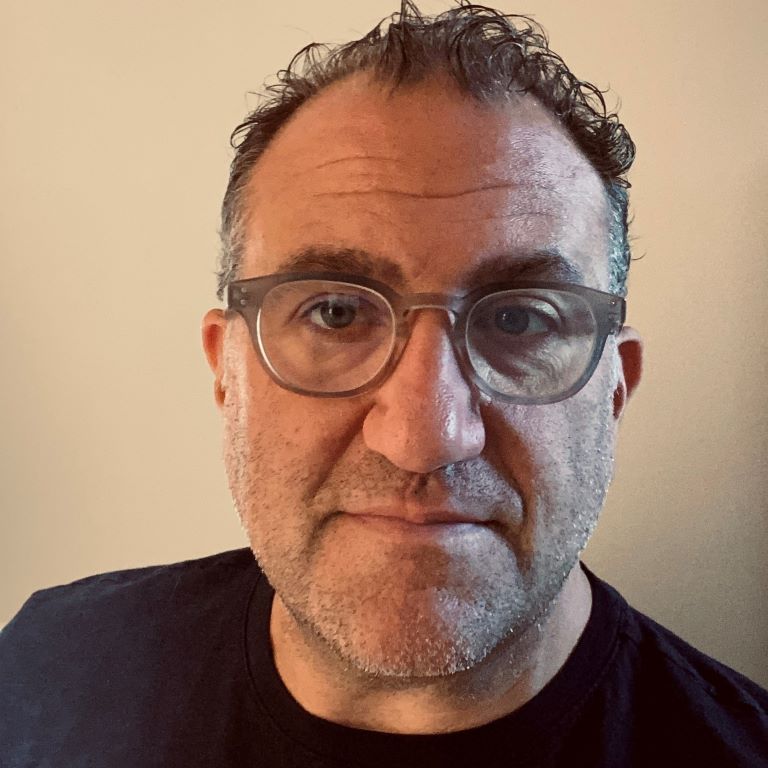
Brian Joseph Gilley
Professor, Anthropology
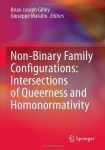
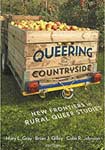
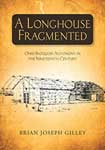
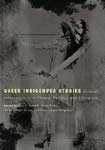
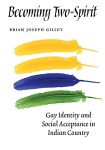
 The College of Arts
The College of Arts